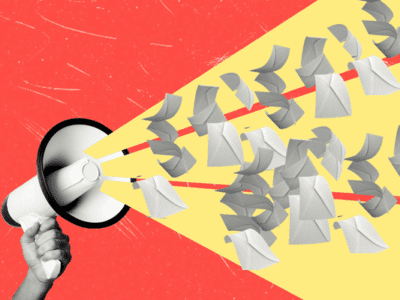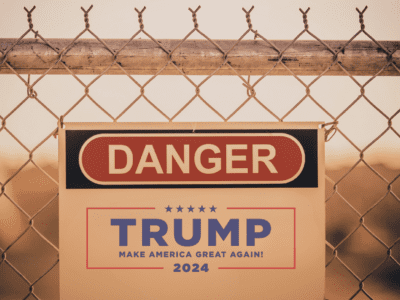Public Policy and Those Pesky Smart Meters
 The controversy over “smart” electric meters doesn’t want to go away. The San Francisco Chronicle reports that the President of the California Public Utilities Commission has directed the Pacific Gas & Electric Company to come back within two weeks with a plan for allowing customers to pay some additional “reasonable” amount for the privilege of not using a meter that communicates with the utility wirelessly. Smart meters, wireless or otherwise, allow the utility to track electric usage from moment to moment, and charge different rates at different times.
The controversy over “smart” electric meters doesn’t want to go away. The San Francisco Chronicle reports that the President of the California Public Utilities Commission has directed the Pacific Gas & Electric Company to come back within two weeks with a plan for allowing customers to pay some additional “reasonable” amount for the privilege of not using a meter that communicates with the utility wirelessly. Smart meters, wireless or otherwise, allow the utility to track electric usage from moment to moment, and charge different rates at different times.
The fears about smart meters include a loss of privacy, threats to personal security, inaccurate billing, and potential health impacts from persistent exposure to the radio waves transmitting the usage information. There is an issue as to which of these fears are well-founded, but there also is an issue about what regulators and the utilities are willing to do to address public concerns.
With the Commission’s blessing, PG&E plowed ahead with its meter deployment effort despite growing questions and concerns. According to the Chronicle, the utility has already changed 73% of its meters from the traditional mechanical system to a digital wireless transmitter/receiver. Introducing an option to reject the standard-issue digital meter at this point in the rollout has got to add cost and introduce new equity issues – such as why anyone who never asked for the change in the first place should have to pay more to avoid it. While it is likely to cost more to maintain dual metering systems, the Commission starts out down that road when it makes the wireless meters optional. To some, it might make more sense to lump all of the meter-related costs together, and spread them evenly across all customers.
What is regrettable is that most of the controversy could have been addressed so much more effectively before the program was launched. Other utilities are focusing more on public education prior to deployment. But more significantly, regulators had the tools – and most likely the legal responsibility — to have tackled the health and safety issues before letting the utilities change a single meter.
The Commission has permitted the regulated utilities to send crews out to the site of each of their millions of residential and commercial customers to change the meters and install a wireless communication web linking them together. This decision was discretionary. Pursuant to the California Environmental Quality Act, the Commission needed to ask itself whether there was a potential that the program could lead to significant environmental impacts. It never asked. Instead, it simply declared that it was under no legal obligation to look.
Perhaps the answer would have been “no”, but the Commission needed to address the question. By failing to do so, the Commission and the utilities remain vulnerable. If a preliminary environmental study pointed to no potential health and safety impacts, the Commission could have backed up its assumption that such is the case. In addition, those who disagree would have had an opportunity to consider the Commission’s reasoning and, perhaps, point out the error of its ways. On the other hand, if the study suggested that there were potential problems, the Commission could have investigated them further and, potentially, discovered constructive ways to mitigate the impacts. Instead, the Commission went with its gut, and decided that there probably was nothing to worry about. By waiting to address the concerns this late in the game, the Commission fanned the flames, created a greater opportunity for public distrust, and likely made the change-out more expensive.







2 Replies to “Public Policy and Those Pesky Smart Meters”
Comments are closed.